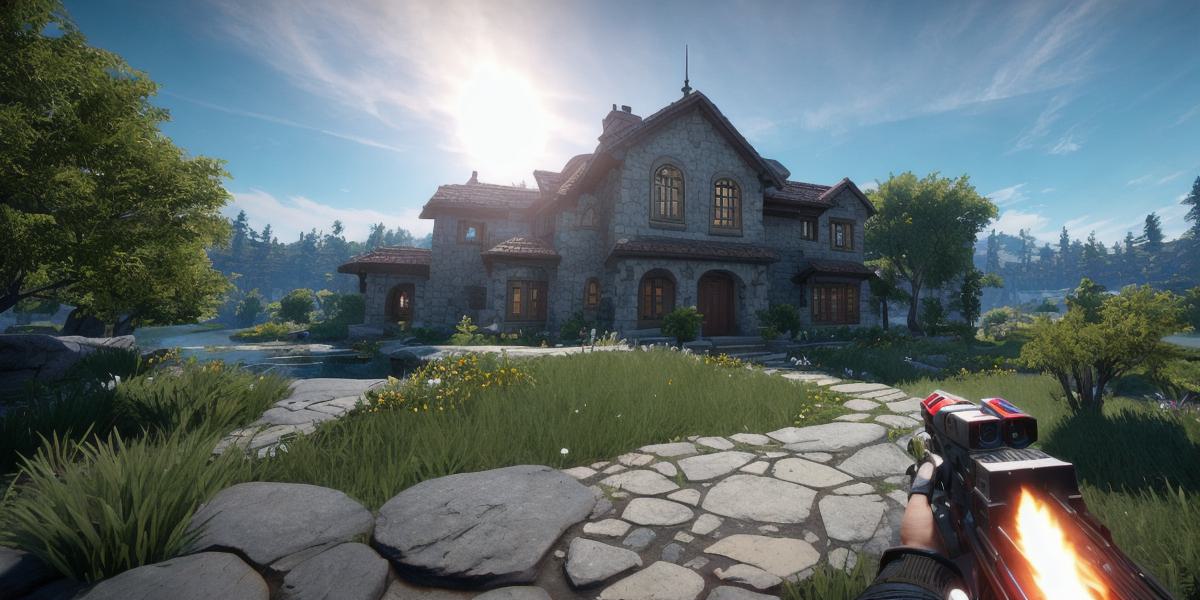Unreal Engine: The Pros and Cons You Need to Know

If you’re a game developer, you know that choosing the right engine is crucial for creating a successful game. One of the most popular engines on the market today is Unreal Engine, developed by Epic Games. In this article, we’ll explore the pros and cons of using Unreal Engine to help you make an informed decision about which engine to use for your project.
Pros:
- Realistic Graphics: Unreal Engine is known for its stunning graphics capabilities. With support for physically-based rendering, real-time ray tracing, and a wide range of features such as dynamic lighting, reflections, and shadows, you can create games with incredibly realistic visuals.
- High Performance: Unreal Engine is optimized for high performance, making it ideal for creating games that run smoothly even on low-end hardware. This is especially important for mobile devices, where users expect smooth gameplay without any lag or stuttering.
- Robust Ecosystem: Unreal Engine has a large and active community of developers, which means there are plenty of resources available to help you learn the engine and get started with your project. This includes tutorials, forums, plugins, and other tools that can save you time and effort.
- Flexibility: Unreal Engine is incredibly flexible, allowing you to create games in a variety of genres, from first-person shooters to open-world adventures. It also supports a range of programming languages, including C++, Blueprints, and C, giving you the freedom to choose the development approach that works best for your project.
Cons:
- Steep Learning Curve: Unreal Engine can be challenging to learn, especially for developers who are new to game development or who come from a different background. The engine has a steep learning curve, and it can take time to master all its features and tools.
- High Development Costs: Unreal Engine is a commercial product, which means you’ll need to purchase a license in order to use it for your project. This can be expensive, especially for smaller studios or independent developers who may not have the budget for a full license.
- Performance Issues: While Unreal Engine is optimized for high performance, it can still struggle with certain types of games or projects that require high frame rates or low latency. For example, if you’re creating a first-person shooter that requires split-second reaction times, you may find that Unreal Engine struggles to keep up.
- Limited Cross-Platform Support: While Unreal Engine supports a wide range of platforms, including Windows, macOS, iOS, and Android, it doesn’t have the same level of cross-platform support as some other engines. This can make it more difficult to create games that run seamlessly across different devices and operating systems.
Conclusion:
Unreal Engine is a powerful and versatile game engine that offers many benefits for game developers. However, it’s not the right choice for everyone. If you value realistic graphics, high performance, and a robust ecosystem of resources, then Unreal Engine may be the best option for your project. On the other hand, if you’re looking for a more affordable or cross-platform engine that is easier to learn, you may want to consider alternative options. Ultimately, the decision will depend on your specific needs and priorities as a game developer.








